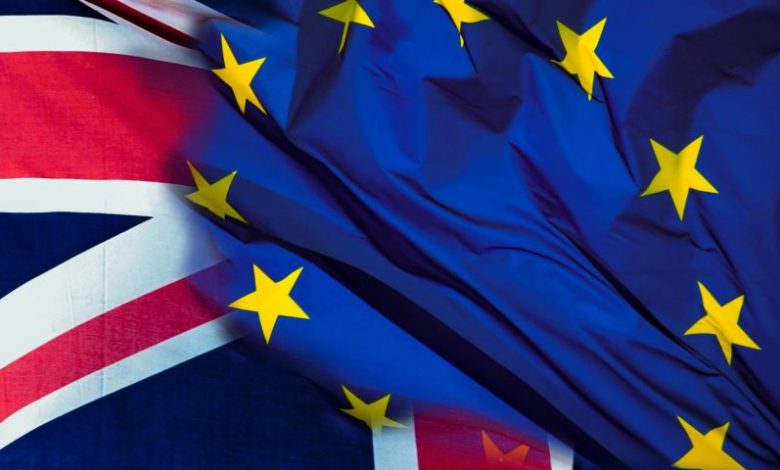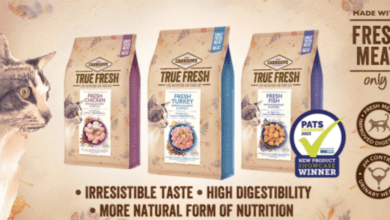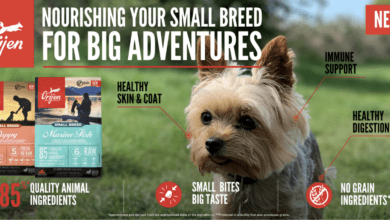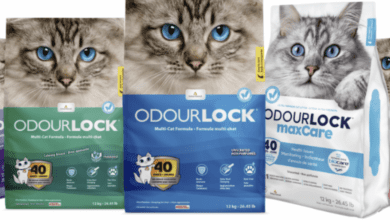Features
Animal welfare and Brexit: What does the future hold?

With Brexit-day looming, important topics are being discussed. People are asking questions.You'll need to
subscribe to unlock this content. Already subscribed? Login?

Become a member for unlimited access
Remove all content restrictions with a membership account. First-year special offer pricing. Cancel any time.
You have read 2/2 free articles this month.

How many members should have access to the subscription?
Monthly
5 days free trial
Yearly
Save £9.89
5 days free trial
No, thanks
I already have an account

With Brexit-day looming, important topics are being discussed. People are asking questions.You'll need to
subscribe to unlock this content. Already subscribed? Login?







